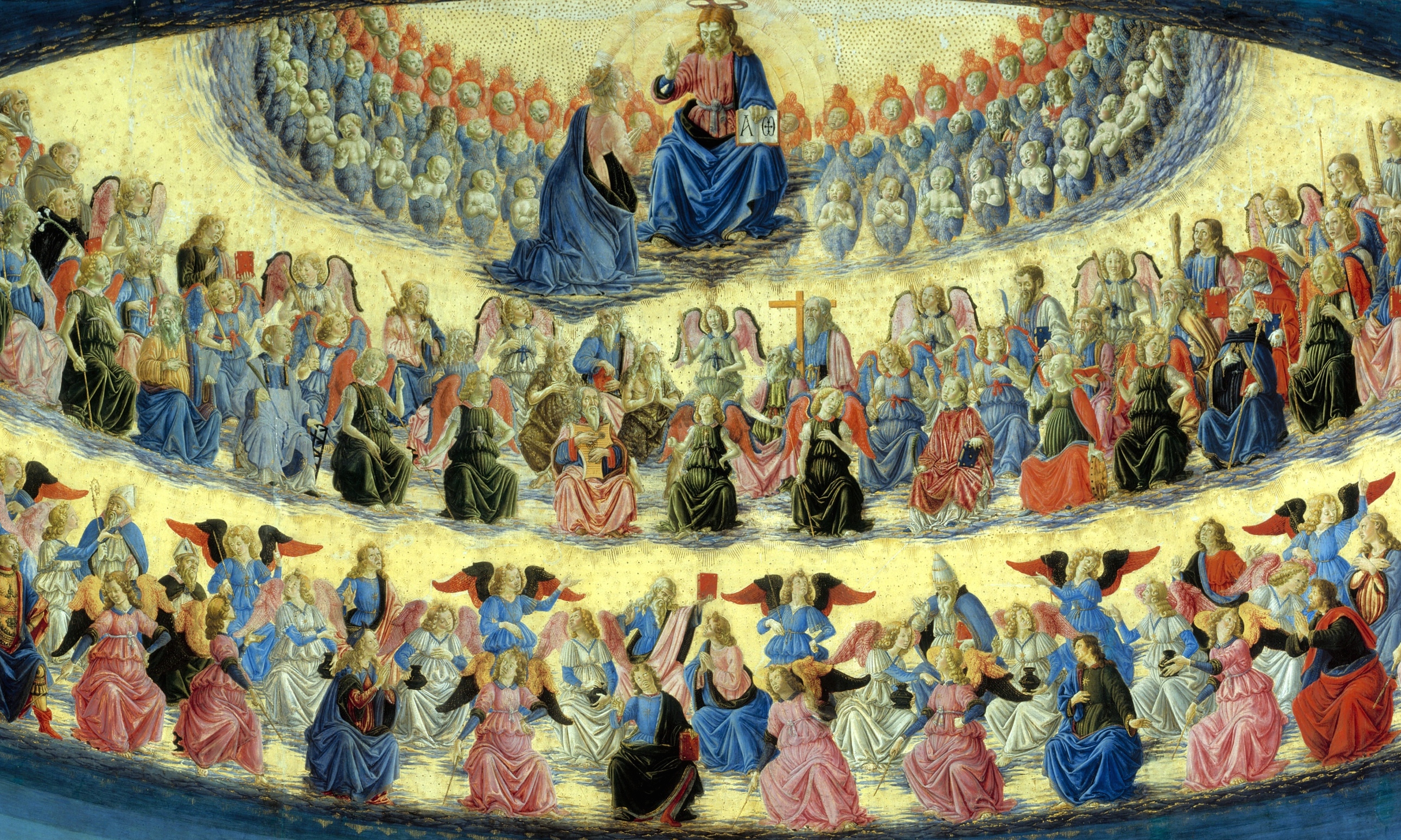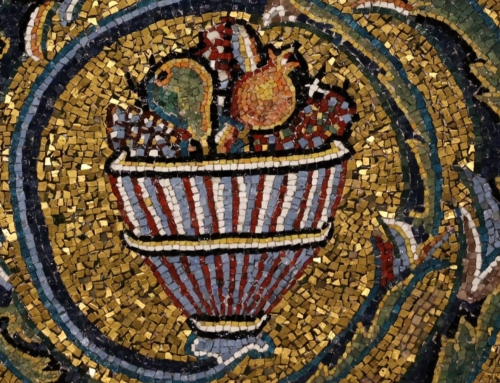We Americans tend to pride ourselves on our self-reliance.
It’s not that we don’t appreciate gifts or kindness, but the ability to take care of ourselves plays into the idea that we are each the master of our own individual destiny. Radical autonomy is an American cultural ideal, and a cult has been built up around the idea of the “self-made” man or woman.
This kind of veneration of personal autonomy should make us ponder: Does the cult of self-reliance shape the way we worship, live our faith, and relate to God?
The most obvious way such self-reliance damages our spiritual life is when we reject the salvation and happiness God offers us and instead try to find it apart from him. Sometimes this takes radical forms where people, following the path of original sin, claim the god-like power to determine for themselves what is their way, their truth, and their ultimate happiness. However, this self-directed plan of salvation is bound to be a self-determined failure, since our ultimate happiness is found only in God.
The “Christian” version of this sort of self-reliance is Pelagianism. We accept Jesus merely as an example for us. We then exhaust ourselves trying to improve through our own effort alone, striving to meet Jesus as our standard of excellence. But by denying our need for the help of God’s grace, we fail to meet Christ our Savior and his merciful love.
Some Christians still hold this ancient error in its original boldness, though today it is more likely to take a subtler form. It is found in the moralistic element of the pervasive Moralistic Therapeutic Deism. Sadly, the true Christian life in the Spirit, by which we are wholly transformed and empowered to share in the divine life of the Most Holy Trinity by grace, is reduced to: a) a list of rules to follow by sheer willpower, to show that I’m good, b) a set of pleasant sensations and experiences to suit my consumer needs, and c) a first cause and higher power that I acknowledge and sometimes ask for help. It’s a counterfeit Christianity that trades trust, repentance, and spiritual joy for self-improvement, self-affirmation, and lesser pleasures.
Something even more common—common to all of us, in fact—is simply the prideful tendency to place too much trust in our own efforts to grow closer to God. While not outright denying our need for God’s grace, we are tempted to minimize it, preferring to do more autonomous striving than receiving and cooperating. We clearly need to focus, and continually refocus, on God as the necessary source of our salvation and happiness. But once God helps us to realize how much we need him, have we overcome our dangerous tendency of self-reliance?
Not completely. We can realize our need for God but still relate to him in an individualistic “I only need God” way. We no longer imagine ourselves as monads of self-effort, self-determination, and self-realization. But we have defined our relationship with God in a way so typically American that we do not realize how utterly bizarre and foreign this individualist conception would appear to the communal societies of the Jewish people of the Old Testament who followed and worshipped God as a people, and to the apostolic Church betrothed to Jesus Christ as a Church. Humans do not exist as individuals without families, and Christians do not exist as believers without the Church.
We each have a personal relationship with God, but not as a church of one. In the Church we are united to God as his family. We are not made alive in Christ as independent, single-celled organisms, but are incorporated into the living Body of Christ. We pray to God not merely as individuals but united together, especially when we come together for Mass. We are indeed sons of the Father in Jesus Christ, but we also receive our birth of baptism and nourishment of the Word in Holy Mother Church along with our brothers and sisters in Christ. We are anything but self-reliant when together with them we share the rich family inheritance of the revelation handed down to us from Jesus, through the apostles and so many generations of our fathers and mothers and older sisters and brothers in faith. True Christian humility affirms the reality of how much we need God’s grace and rely on the help of everyone in the Church. We can never say, “I don’t need you” (1 Cor 12:21).
Our participation as members of God’s family, and the aid that we give to one another, extend throughout the whole world—and beyond. As we affirm in the Apostles’ Creed, the communion of saints includes all those holy ones who have gone before us in faith. They may no longer dwell with us on earth, but they continue to be united with us in Jesus Christ.
We will soon celebrate this extended family in a special way on All Saints’ Day and All Souls’ Day. May we grow in our awareness of being surrounded by so great a cloud of witnesses who continue to intercede for us, as we thank God for the example and ongoing aid of his saints. And may the Lord also give us the grace to grow in the love of God and neighbor, as our hearts are stretched to include not only every person on earth, but also the faithful departed who are in need of our prayers as well.
✠
Image: Francesco Botticini, The Assumption of the Virgin







